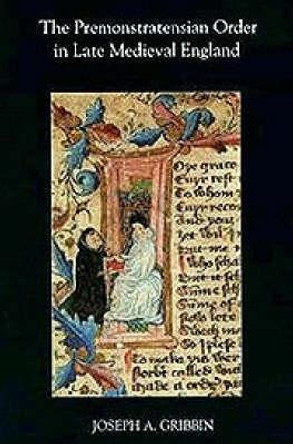Description
What is the body when it performs music? And what, conversely, is music as it reverberates through or pours out of a performing body? Tekla Bude starts from a simple premise-that music requires a body to perform it-to rethink the relationship between music, matter, and the body in the late medieval period.
Progressing by way of a series of case studies of texts by Richard Rolle, Walter Hilton, Margery Kempe, Geoffrey Chaucer, William Langland, and others, Bude argues that writers thought of "music" and "the body" not as separate objects or ontologically prior categories, but as mutually dependent and historically determined processes that called each other into being in complex and shifting ways. For Bude, these "sonic bodies" are often unexpected, peculiar, even bizarre, and challenge our understanding of their constitutive parts.
Building on recent conversations about embodiment and the voice in literary criticism and music theory, Sonic Bodies makes two major interventions across these fields: first, it broadens the definitional ambits and functions of both "music" and "the body" in the medieval period; and second, it demonstrates how embodiment and musicality are deeply and multiply intertwined in medieval writing. Compelling literary subjects, Bude argues, are literally built out of musical situations.
Tekla Bude starts from a simple premise-that music requires a body to perform it-to rethink the relationship between music, matter, and the body in the late medieval period. Sonic Bodies argues that writers thought of "music" and "the body" as mutually dependent and historically determined processes that called each other into being.
About the Author
Tekla Bude is Assistant Professor of English at Oregon State University.
Reviews
"This provocative book calls for a rethinking of the concepts 'music' and 'body.' Tekla Bude argues that 'music and the body are entangled practices that emerge out of social and textual environments so diverse' that 'sonic bodies' exist at the extreme limits of what 'music' and 'body' have been understood to be. Six wide-ranging chapters, along with an introduction and coda, draw on an impressive array of sources, methodologies, and critical approaches, medieval and modern. This is a learned book, intensely aware of and informed by trends and conversations in medieval studies and musicology as well as in allied fields." * Studies in the Age of Chaucer *
"
Sonic Bodies begins from a refreshingly new place, gently shifting fleshy notions of the body to one side in order to trace the unexpected intersubjective and transpersonal bodily forms that emerge when we conceptualize sound and body otherwise: not as sensory signal and receptor but as 'mutually dependent,
relational, historically contingent, and co-emergent processes that rely on a dialectics of materiality'...[A]mbitious and inventive; its readings are frequently revealing and its vision is bracingly capacious...[There is] vigorous thought on the book's every page. Sonic Bodies makes thinkable a differently embodied sonic past others will surely seek to play in.
"The aim of this book is not only to broaden our understanding of what constitutes "music" and the "body" in Western European medieval culture, but also to draw attention to the political and ethical stakes inherent in these formal and aesthetic questions...[B]y broadening our definitions of music and the body in medieval literature, Sonic Bodies makes an invaluable contribution to our understanding of the social, political, and ethical implications of sound in Western medieval culture." * Speculum *
"In Sonic Bodies, Tekla Bude presents an incredibly interesting analysis of the definitions of music and the body, by going beyond those texts that are traditionally considered to be musical, and redefining notions of sonority and the body in the process. Moreover, Bude demonstrates a command of several different subdisciplines within the arts and humanities," -- Mariana Lopez * The Medieval Review *
"Drawing on a wide range of texts in Latin and Middle English, Tekla Bude shows how thoroughly medieval culture imagined its soundscape in material terms." * Bruce Holsinger, University of Virginia *
"Tekla Bude offers a richly transdisciplinary account of the medieval entanglements of music and body, expanding the range of literatures and disciplines relevant for the understanding of medieval sonic practices." * Andrew Hicks, Cornell University *
Book Information
ISBN 9780812253702
Author Tekla Bude
Format Hardback
Page Count 280
Imprint University of Pennsylvania Press
Publisher University of Pennsylvania Press








